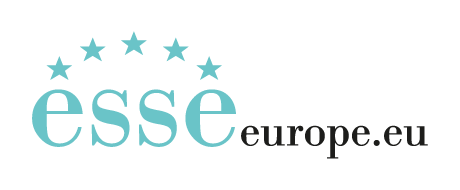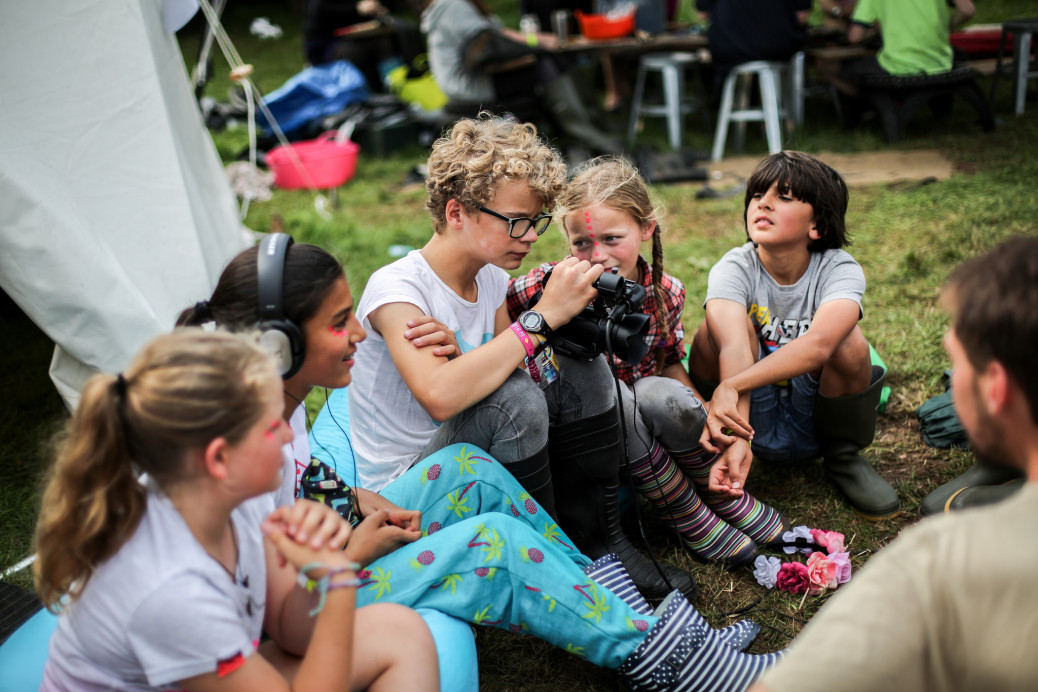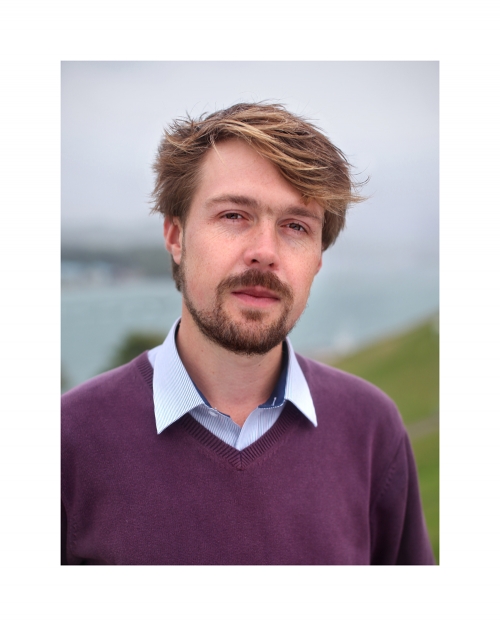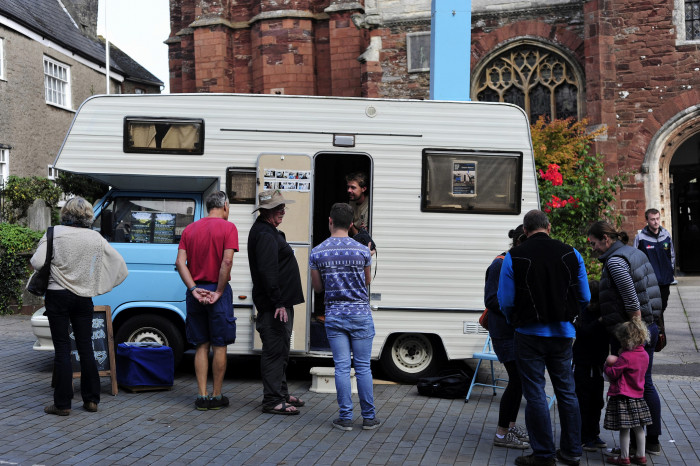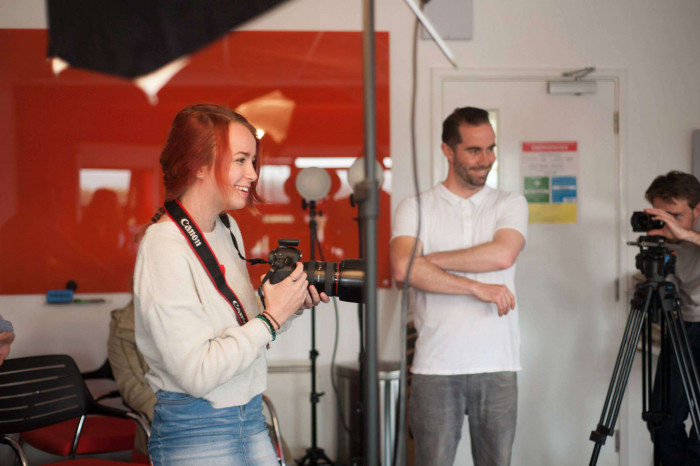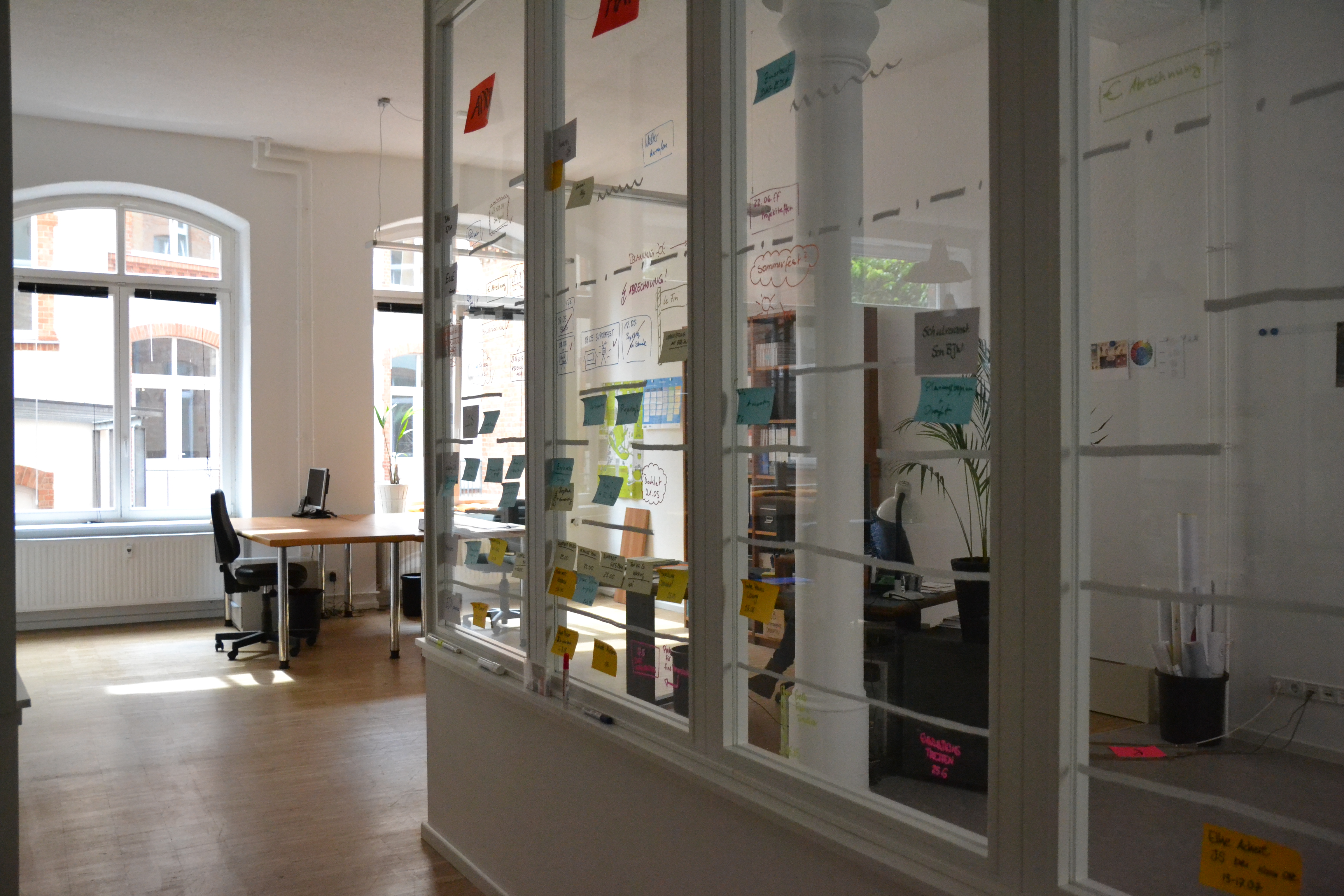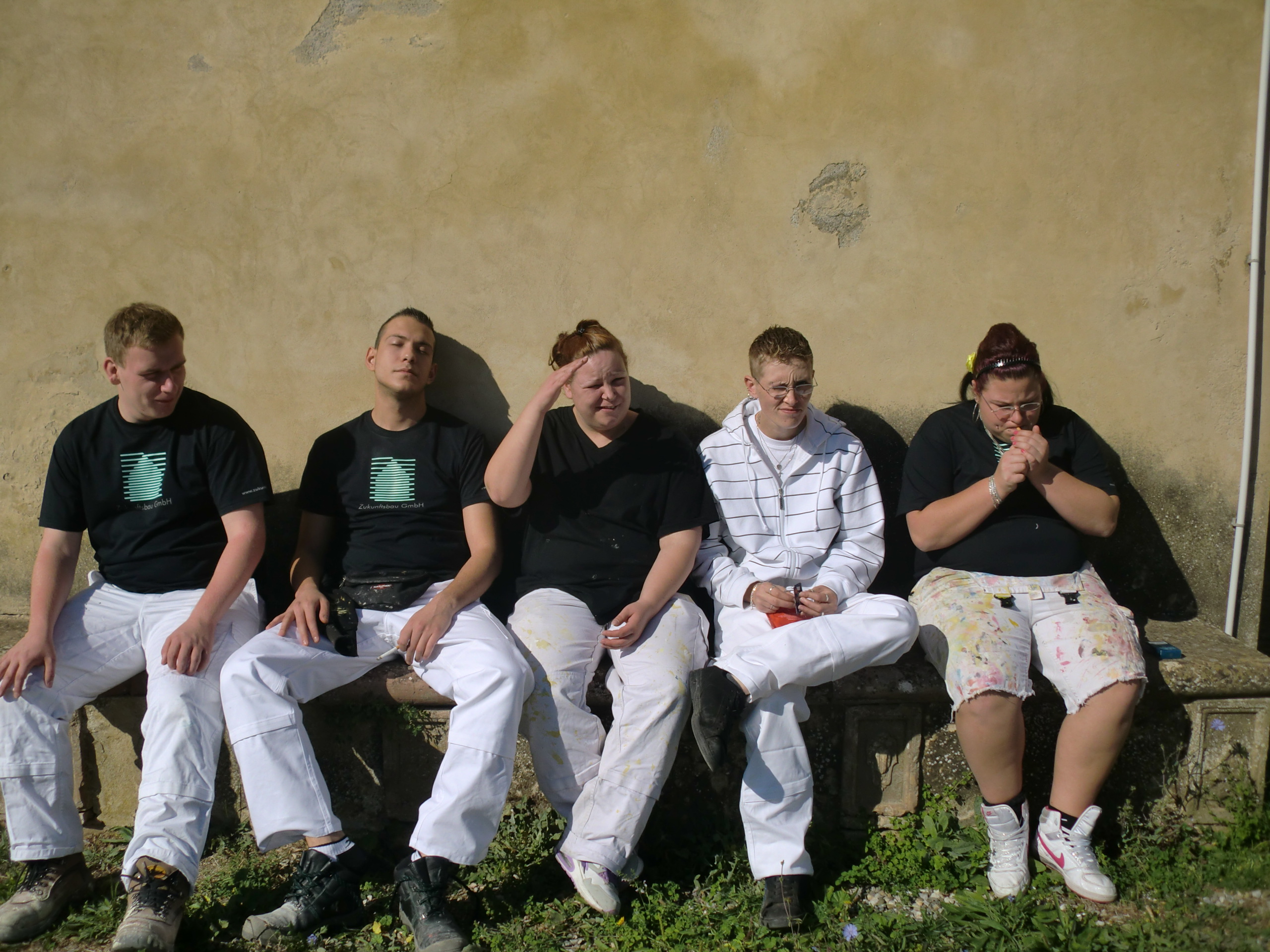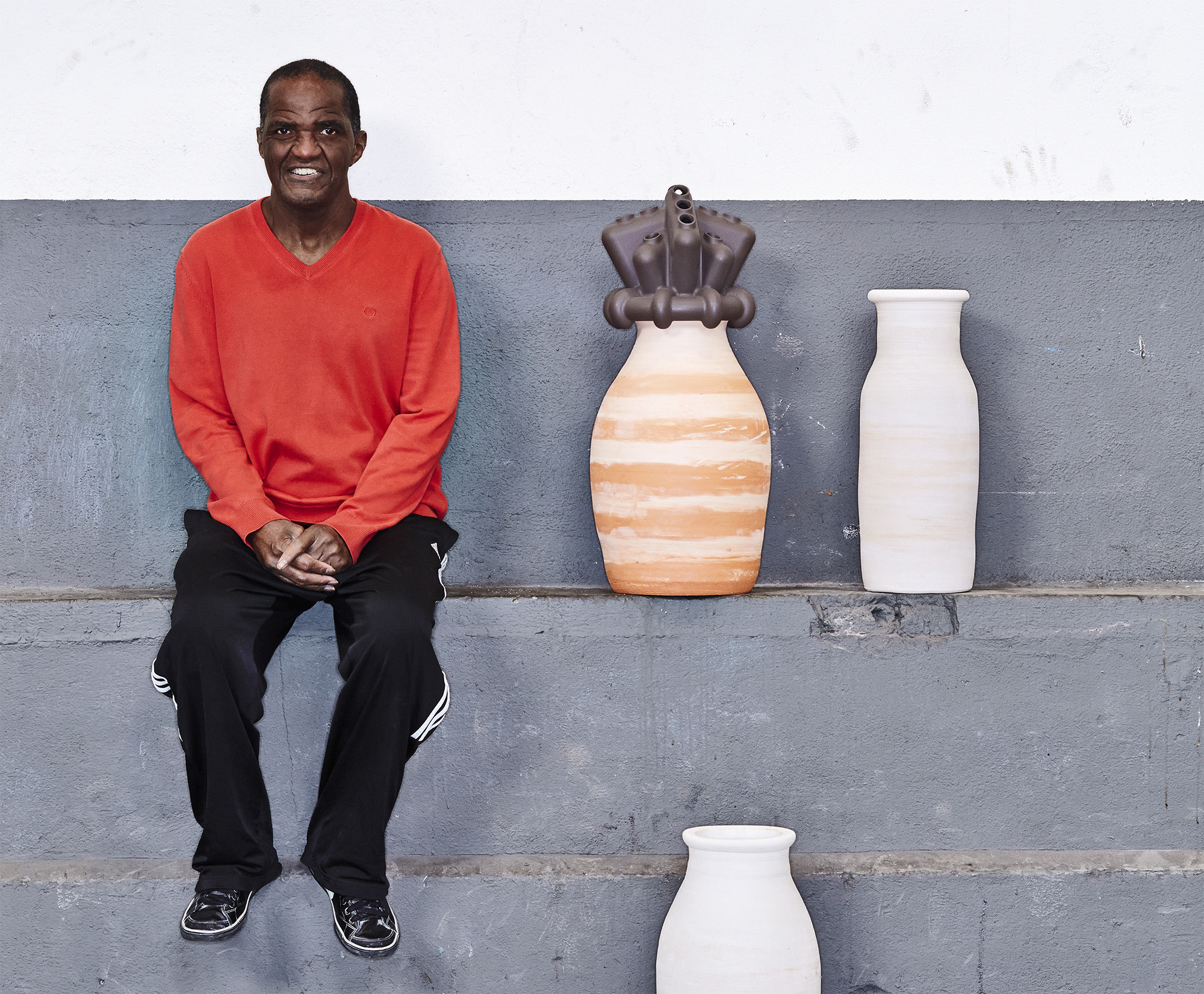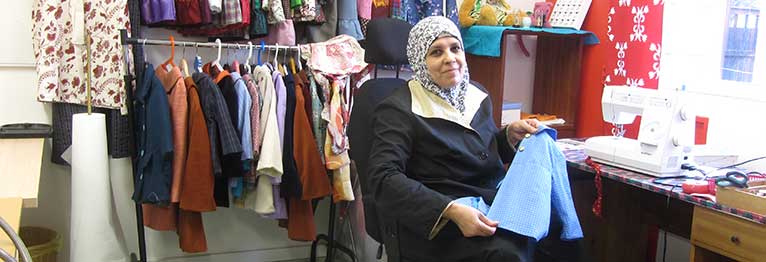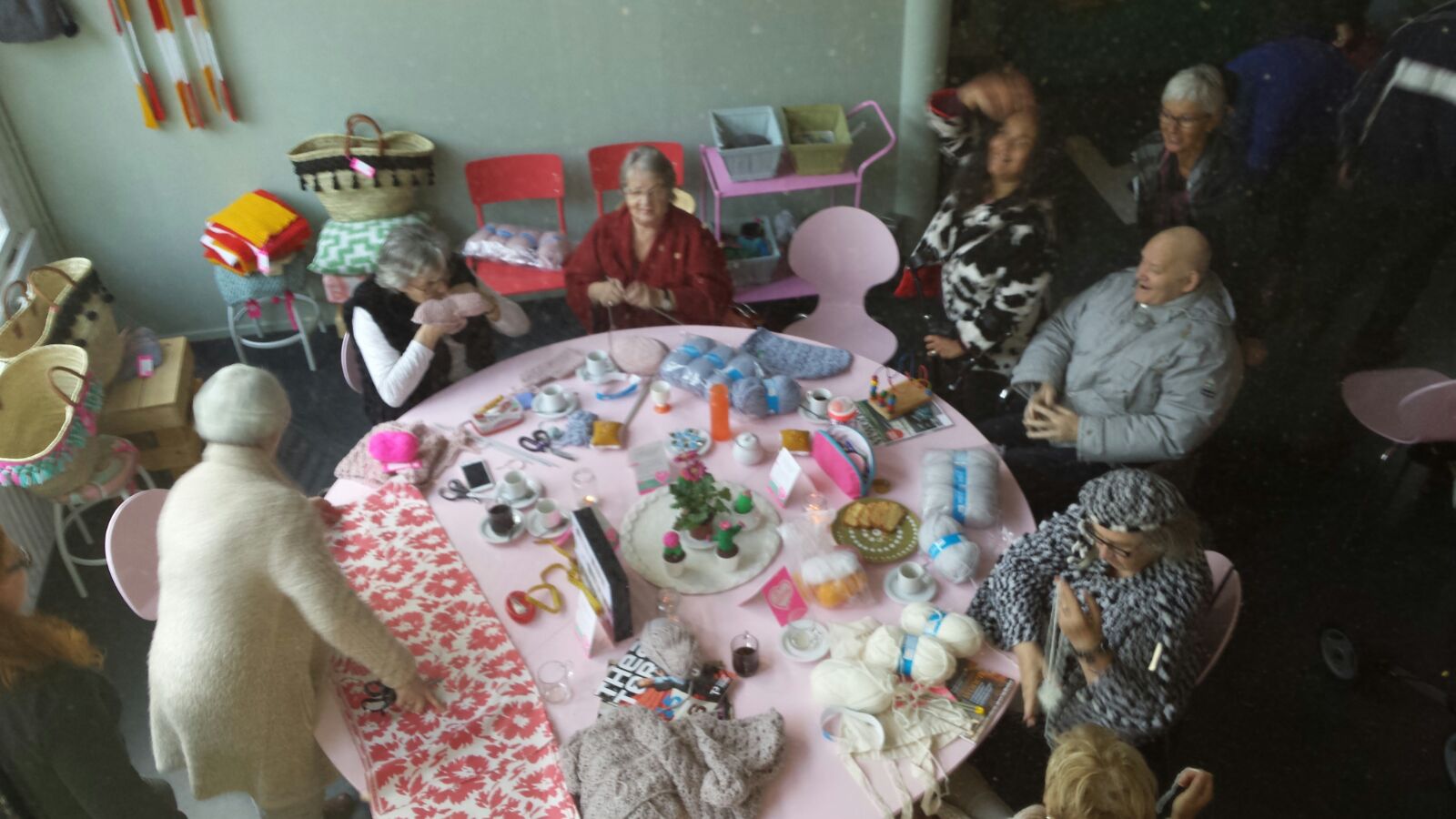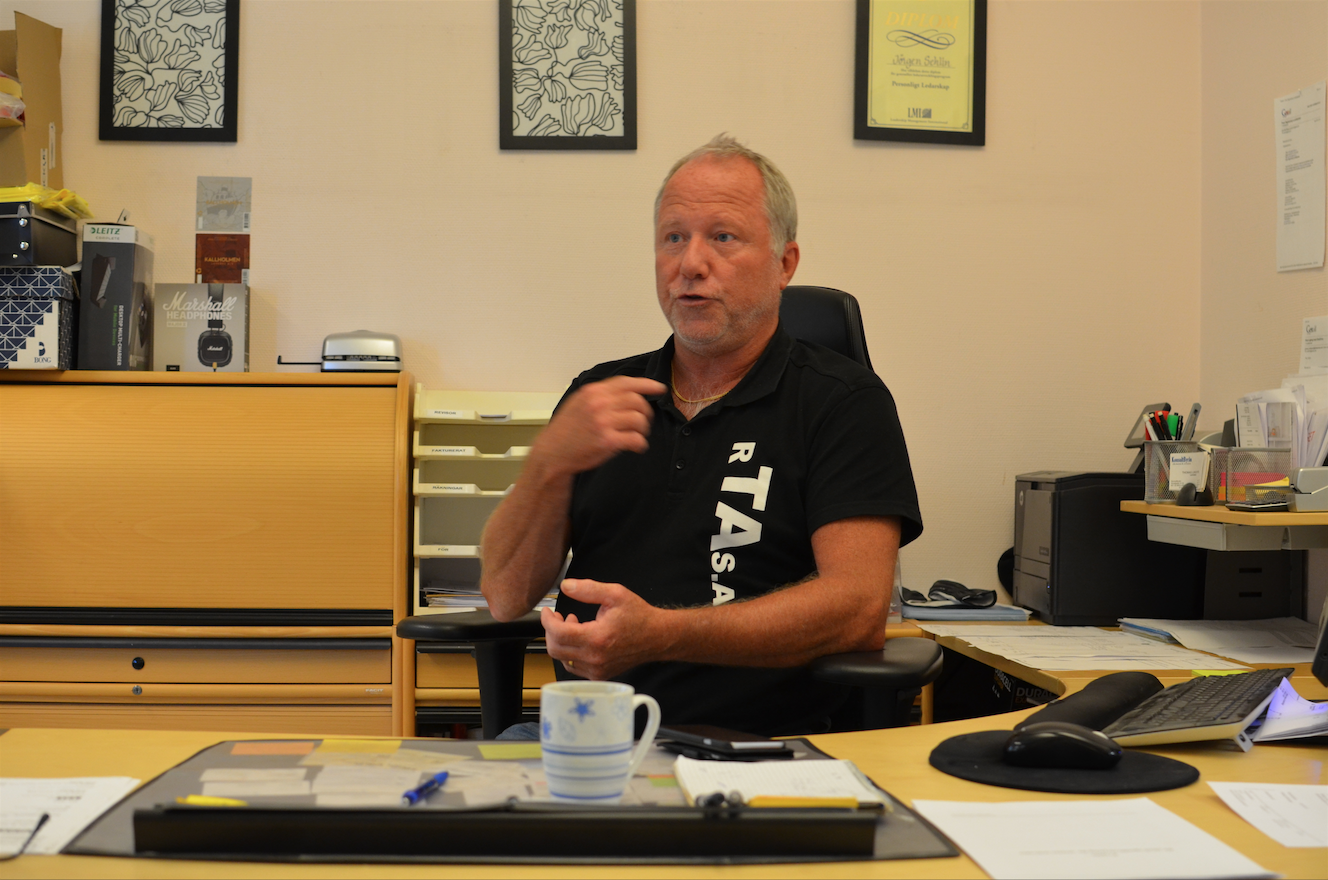The founders, Matt and Jon, studied together on a Masters programme in photography. Fotonow emerged after they successfully delivered an ‘Entry to Employment’ scheme with young people in Liskeard. They say:
The social enterprise was formed from a shared ambition to increase opportunities for innovative photographic practice and autonomous education through visual culture with a broad audience of individuals and communities across the South West of England.
Having a viable income-generating business model rather than being reliant on grants was key to their vision. However, like many social enterprises the business model took time to emerge organically from the ideas, interests and aspirations of the founders. These included
- An interest in creating opportunities for young people
- Finding ways to use photography as a social tool
- Creating an audience for photographic practice in the South West.
The founders’ drive to challenge injustice has also shaped the development of the organisation.
MANAGEMENT
Fotonow began as a collective, but has developed as the organisation has grown. There are currently three Executive Directors and two other employees, including one apprentice. Recently, there were two more employees, and the intention is to take on others again soon.
DESCRIPTION OF SERVICES
- Community partcipatory media projects are the core work.
- Commercial photography and media commissions – often the clients are other social enterprises. This stream is marketed under a separate brand: Fotoplus.
- Camper Obscura: a camera obscura in a camper van, which travels to events nationally.
FINANCING/FUNDING
Contracts and service level agreements pay for the core work and these are supported by photography and media commissions and Camper Obscura bookings,
PARTNERS
Partnerships with other organisations include Barefoot, The Lenkiewicz Foundation, Knowle West Media Centre (a similar initiative in Bristol), local Higher Education Institutions, Marine Biological Association and Plymouth Arts Centre. Fotonow is also an active member of Plymouth Social Enterprise Network. Key clients have included local authority departments, including Plymouth City Council Youth Service.
LOCATION
Ranges from the very local, a youth centre on a housing estate, to the Camper Obscura, which travels nationally. One ongoing activity is an annual graduate photography prize which ensures that local photographers work is seen by a national panel and exhibited in London.
TARGET GROUP/SOCIAL PURPOSE
Fotonow CIC Articles of Association state their social purpose as social change through visual culture. Their objects include:
- Developing photographic culture & new research through innovative educational projects, exhibitions and publications.
- Delivering the highest levels of innovative and educational opportunities in photography throughout the South West.
- Providing employment opportunities for graduates and professionals to enhance career prospects across the SW.
- Engaging audiences with visual arts through presentation of work outside traditional exhibition spaces.
- Holding compassion as the sentiment at the core of positive social change made with Fotonow CIC.
DURABILITY AND SUSTAINABILITY
- High quality work.
- A particular skill mix, which includes media / photography and youth and community work
- Excellent networks have taken the place of an extensive marketing budget
AWARENESS
Right from the start. Fotonow CIC was set up as a Social Enterprise[/tab][tab title=”FUTURE DEVELOPMENT PLANS”]Plans for the next twelve months include taking on additional employees, expanding into new premises and improving the Camper Obscura.
ADVICE FOR STARTING UP A SE
Experiment! Be playful and try things…It’s very easy to initially get bound up with wanting to create the perfect plan at start-up stage, but actually just trying things out and accepting that some ideas don’t work, but also that things you might have dismissed become very successful! (This isn’t a “get out-clause” for poor management or unrealistic expectations though.) It’s relevant to any business, but important for a Social Enterprise because there are often a large number of ways to approach solving the social ‘problem’ that your business has set up to solve.
I think the other major thing I’ve seen regularly with other start-ups is people not sticking with an idea long enough to get it to work. I’m aware this is somewhat contradicting the paragraph above, but I think getting a grasp of this tension between consistently working at something, but also exploring the concept to it’s fullest is important. It’s quite easy to lose your nerve, or your finance, before your business has opportunity to flourish – make plans for the long haul.
The other key factor for us is a simple one – networking. It’s not really new advice! But I haven’t found a better way to hone a business idea than to present it time after time to other professionals! Explaining the social benefits of our business regularly to new prospective clients is an excellent reminder of what our organisation’s purpose is, and why we’re passionate about it. The process regularly leads us to reconsider elements of what we offer. And ideas in isolation aren’t usually that useful – communicate, talk, share, be engaged and be engaging!
